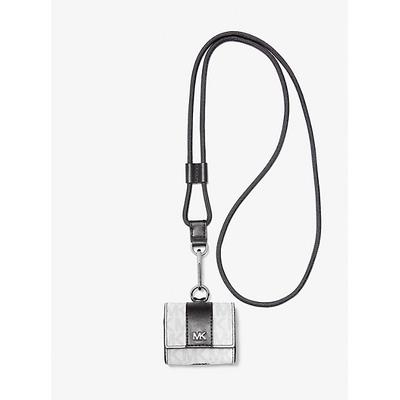Vehicle service contracts also known as extended vehicle warranties are typically effective after the manufacturer warranty expires. This extended auto warranty covers major breakdowns and provides compensation for most repairs. Both, the automaker or a third-party administrator offer extended vehicle warranty.
An extended vehicle warranty is important as it covers most repair jobs once the warranty provided by the manufacturer expires. This warranty comes especially handy when the manufacturer stops producing the make and model of your vehicle. This leads to a shortage of spare parts of your car, increasing its repair cost. While shelling this amount from your pocket can be heavy, an extended vehicle warranty will help you cover the same for an affordable premium.
To ensure that you get the maximum benefit from your extended vehicle warranty, you need to research and ask the right questions. To help you make an informed decision, here are some questions you must ask while considering an extended vehicle warranty.
- Who is offering the extended vehicle warranty?
A number of dealerships offer third-party warranties from insurance companies. However, this is not exactly a beneficial option. Instead, opt for an extended vehicle warranty backed by the automaker as a third-party warranty may only cover repairs at the dealership or dealership-sponsored repair shops. Choose extended warranty offered by the manufacturer at any dealership across the country to get extensive coverage throughout the country. - Are you getting the best price?
It is imperative to research for the best warranty providers before you make a final decision. Get a price quote from the F&I (Finance and Insurance) manager for the warranty that's offered with vehicle purchase. Compare the price by shopping around for different insurance providers offering different quotes. - Are all types of repairs covered?
It is important to be clear that extended vehicle warranties are not all-encompassing. It may not cover many wear-and-tear spare parts that will eventually wear out. Hence, it is important to read the fine print and be aware of what type of services and repairs will be covered in the extended warranty. It is also important to know if you can take the vehicle to any repair shop, as some warranty providers limit the repairs to only those repair shops specified in the contract. - How is your history with repair costs?
If you owned a car before, ask yourself if you require an extended warranty of any kind for its repairs and services. For instance, think about how many times your vehicle broke down. If it was too many times in a short span of time, then an extended vehicle warranty is helpful.
No matter what advice comes your way, it depends on your experience with your vehicle and its repairs. Some people simply don’t find it financially wise or prefer the convenience of an extended warranty. This could be because they are comfortable that major car repairs are covered by the conventional warranty. But if you are a belt-and-suspenders person, ensure to ask the right questions before buying an extended vehicle warranty.



